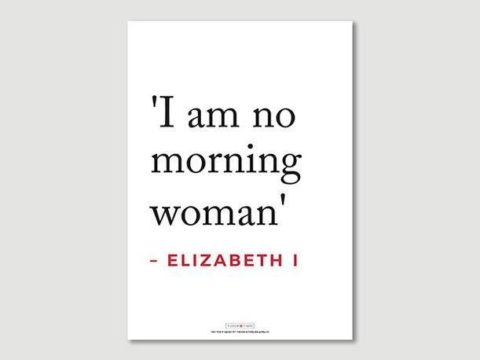The Pilgrimage of Grace
Chapter 9 : Revenge
As Henry had hoped, the gentry and the Commons had fallen out, and the gentry now sat on the trials and commissions set up to try the Bigod rebels. Norfolk marched into the area, and Martial Law was declared. Norfolk hanged some 74 rebels in Cumberland and Carlisle, in accordance with his orders to:
"cause such dreadful execution to be doon upon a goode number of th'inhabitants of every town, village and hamlet...as well by the hanging up of them in trees as by the quartering of them and the setting up of their heddes and quarters....as may be a fearful spectacle"
He set about his work in a business-like fashion, but forbore the quartering, and even seemed to have some sympathy with the men, writing to Cromwell:
"The poor caitiffs who have returned home have departed without any promise of pardon but upon their good bearing. God knows they may well be called poor caitiffs for at their fleeing they lost horse, harness and al they had upon them, and what with the spoiling of them now, and the gressing of them so marvellously sore in time pastand with increasing of lords' rents by inclosing and for lack of the persons as of such as shall suffer (ie good local lords), this border is sore weakend and specially Westmorleand the more pity they should so deserve and also that they have been so sore handled in times past, which as I and all other here think was the only cause of this rebellion."
Over the following months, anyone who could possibly be accused of involvement in the Bigod Rebellion was rounded up and carried to London. This included Robert Aske, and Lord Darcy, although both had tried to distance themselves from the event.
In May, a swathe of trials were held, and, with one exception, all the accused were found guilty, including Margaret Cheney, wife of Sir John Bulmer. He had been summoned to London in January, and, panicking, had asked his neighbours about the prospect of a third rebellion. He was hanged, and she was burnt. Darcy, and the equally aged Lord Hussey, who had at first fled from the rebels, were tried and executed on Tower Hill in June. Darcy gave one final outburst against the King's hated minister:
"Cromwell, it is thou that art the very special cause of all this rebellion and mischief, and at likewise cause of the apprehension of us, and dost daily, earnestly travail to bring us to our ends and to strike off our heads.I trust that ere thou die, though thou wouldst procure all the noblemen's heads within the realm to be stricken off, yet shall there be one head remain that shall strike of thy head".
Robert Aske was tried and convicted of treason, his own brother being empanelled on the jury. Aske, the focus of Henry's revenge, was executed by being hanged in chains from York Castle, suffering an appalling death.
Bizarrely, Lancaster Herald, whose role in the negotiations is outlined above, was hanged in 1538, apparently for pointing out the superiority of the rebels' numbers over the Royal army. Perhaps they would not have been able to spot the difference between 27,000 and 8,000 without his help.


